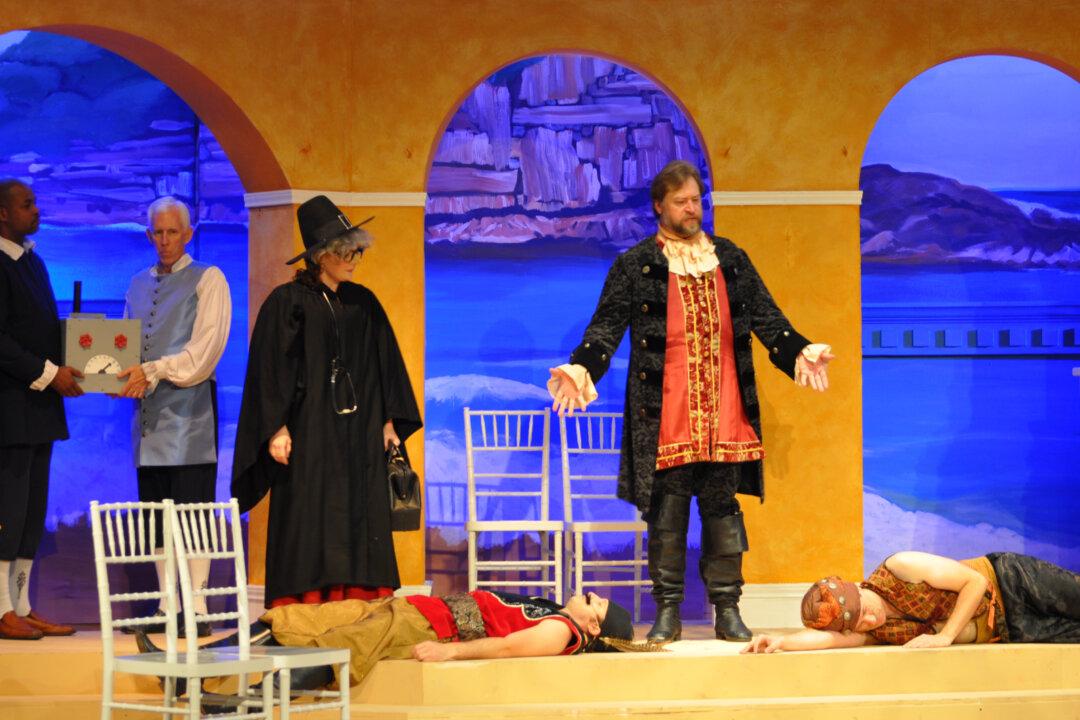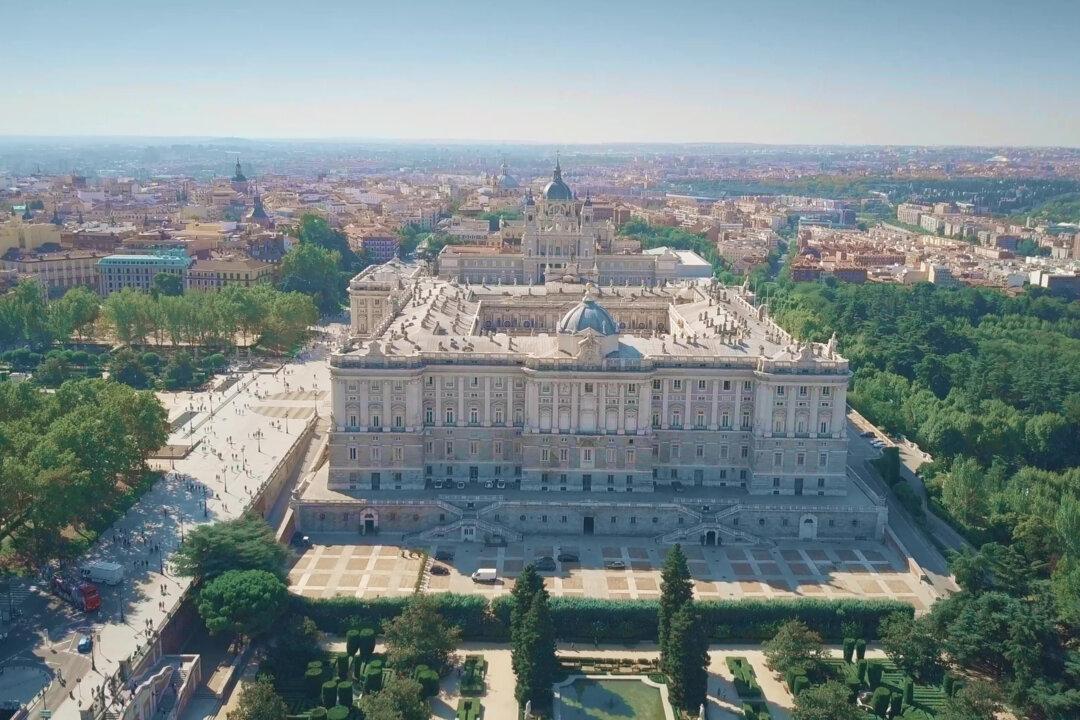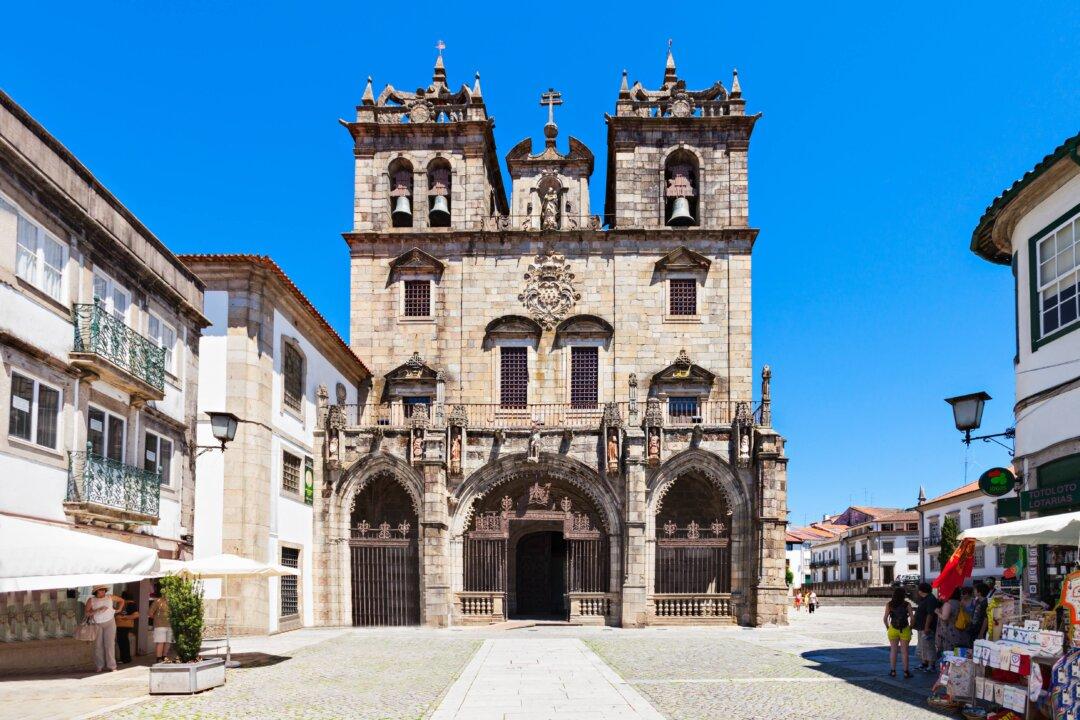In the 18th century, new philosophical and social movements began to appear in Europe, replacing standards of absolute monarchy. Opera is perhaps the best representation of this shift, as it transitioned from artificiality to authenticity during the classical period (1750–1830), and then went deeper to present a true picture of the human spirit.
Composers C.W. Gluck and Wolfgang Amadeus Mozart laid the foundation for the new genre, with simple music and realistic plots, instead of relying on the extravagant music and artificial characters of the Baroque opera (1600–1750), to explore the complexities of human emotions.






